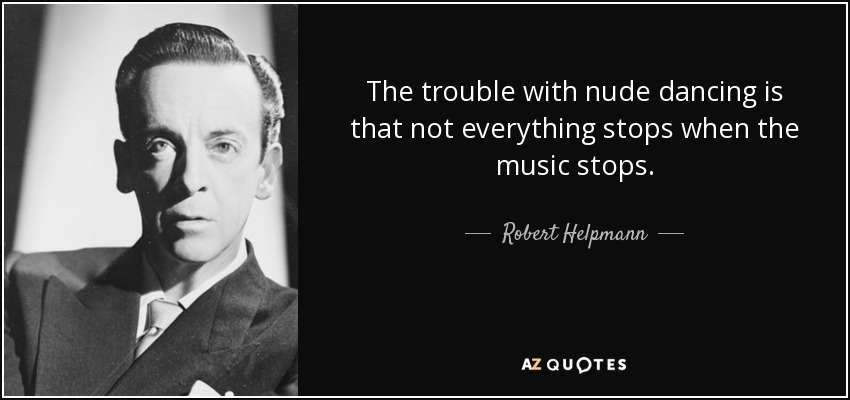Aug. 30th, 2018
David Crystal "The Story Of English In 100 Words" (Picador)

Crystal examines 100 words, moving from what may be the first written English word (a version of “roe”) all the way to Twittersphere. By doing so, he is able to both give a general sense of the development of the language (or the forest, as he describes it) while still getting a close look at some individual words (the trees). He doesn’t shy away from words that are today considered naughty or downright foul (the f-word doesn’t make the cut, but the c-word does). While some of the “words” are more like thematic headings with the supposed word left largely unexamined, as, in the case of polite, most of the words turn out to have an interesting background.
This work, though, is as much about the future as the past, highlighting the fluid nature of language. Words are continually deprecated, added, changed, trimmed, merged (I'm sure there are proper linguistic terms for this but I'm no expert), and their meanings and usage continually evolve. This is not a new phenomenon as the examples show. A lot of focus is given to new media, for example, Twitter, showing how they accelerate this process. Some neologisms even I was unaware of.
I'd always viewed the history of language as distinct from the traditional "history" discipline. I'd regarded today's English as the pinnacle of linguistic evolution. Maybe watching Star Trek, based three centuries into the future but with the same lexicon and pronunciation, cemented my misconception. I now feel disconcerted because I realise that my English will also be history, and there's nothing I can do about it.
This is a great tour of the developments of the English lexicon through 100 keywords - and one that is always fun to dip back into again.

Crystal examines 100 words, moving from what may be the first written English word (a version of “roe”) all the way to Twittersphere. By doing so, he is able to both give a general sense of the development of the language (or the forest, as he describes it) while still getting a close look at some individual words (the trees). He doesn’t shy away from words that are today considered naughty or downright foul (the f-word doesn’t make the cut, but the c-word does). While some of the “words” are more like thematic headings with the supposed word left largely unexamined, as, in the case of polite, most of the words turn out to have an interesting background.
This work, though, is as much about the future as the past, highlighting the fluid nature of language. Words are continually deprecated, added, changed, trimmed, merged (I'm sure there are proper linguistic terms for this but I'm no expert), and their meanings and usage continually evolve. This is not a new phenomenon as the examples show. A lot of focus is given to new media, for example, Twitter, showing how they accelerate this process. Some neologisms even I was unaware of.
I'd always viewed the history of language as distinct from the traditional "history" discipline. I'd regarded today's English as the pinnacle of linguistic evolution. Maybe watching Star Trek, based three centuries into the future but with the same lexicon and pronunciation, cemented my misconception. I now feel disconcerted because I realise that my English will also be history, and there's nothing I can do about it.
This is a great tour of the developments of the English lexicon through 100 keywords - and one that is always fun to dip back into again.
Kings Hill and Medway Visits
Aug. 30th, 2018 11:49 pmThree visits done today - two spermarkets and one travel agent. It was a really sunny day and quite warm - around 24 degrees C - and after the cold days we have had recently,most welcomed.
So i used my new shorts that i purchased at the charity shop i did in Folkestone recently. They are a branded name- Maine - and cost a mere four quid, rather than the thirty or whatever in a boutique store.

Tomorrow, a day off relaxing and reading.
So i used my new shorts that i purchased at the charity shop i did in Folkestone recently. They are a branded name- Maine - and cost a mere four quid, rather than the thirty or whatever in a boutique store.

Tomorrow, a day off relaxing and reading.


